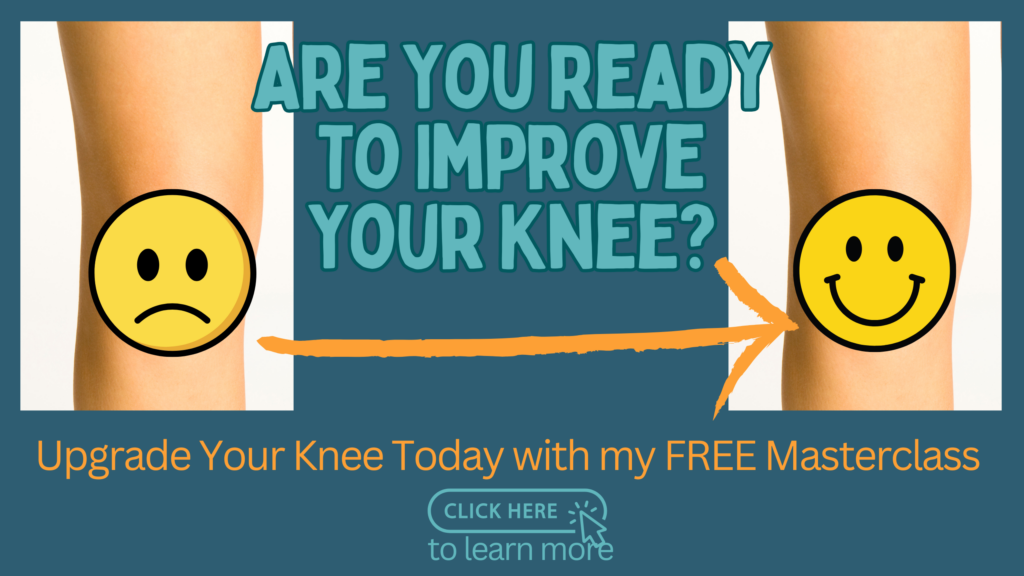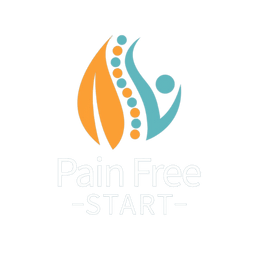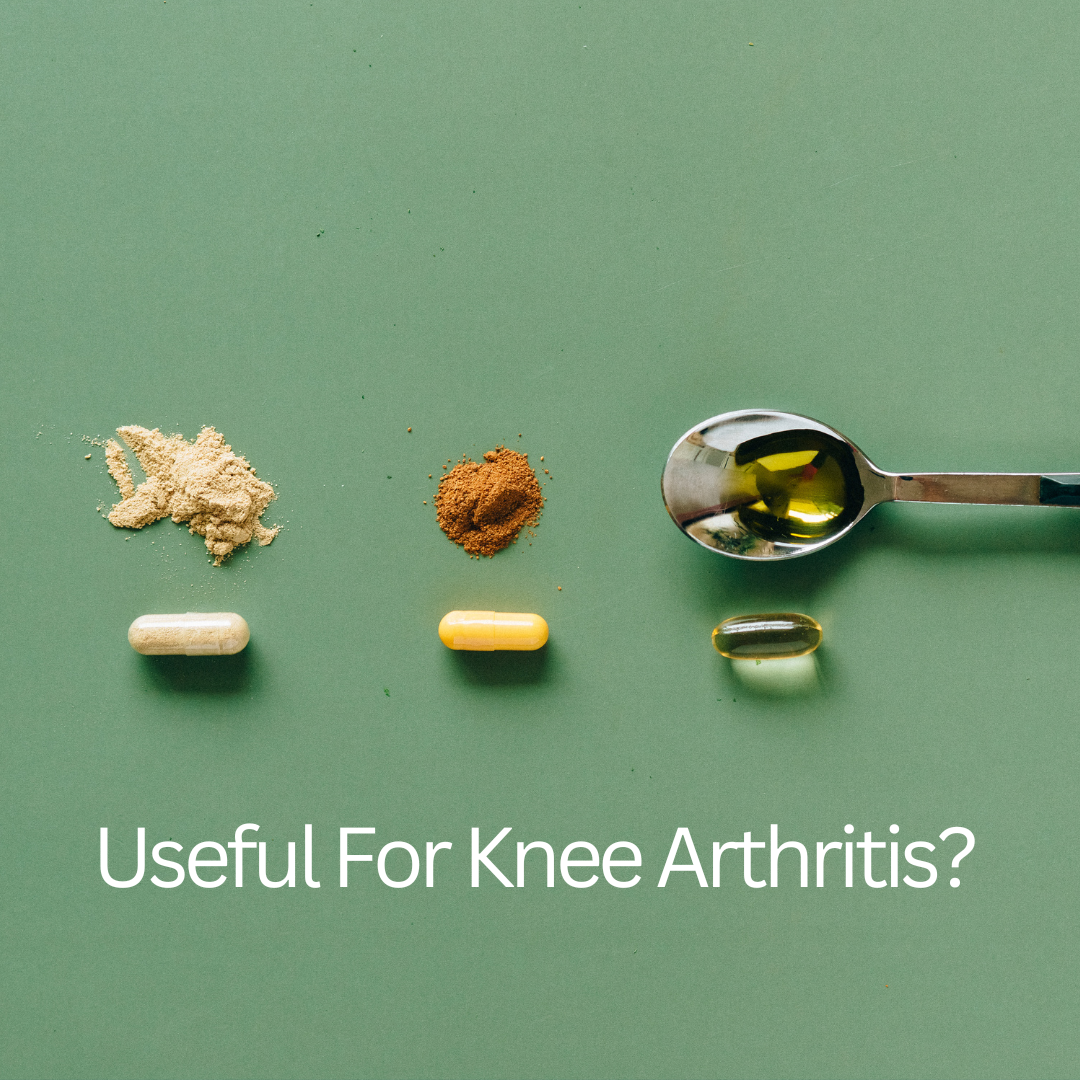Introduction
If you have knee arthritis, you’ve likely heard about supplements that claim to reduce pain, rebuild cartilage, or improve joint health. But with so many options—glucosamine, chondroitin, collagen, turmeric, and more—it can be hard to know which ones actually work and which are just hype.
In this article, we’ll break down the science behind the most popular knee arthritis supplements, separating fact from fiction so you can make informed choices.
Do Supplements Really Help Knee Arthritis?
Supplements for arthritis are widely available, but not all of them have strong scientific backing. Some may offer mild to moderate relief, while others show little to no benefit in research studies.
The key is to understand what’s been scientifically proven to work and what might just be a placebo effect.
Let’s take a closer look at the most common supplements.
1. Glucosamine & Chondroitin – Worth It or Not?
What They Are: Glucosamine and chondroitin are compounds found in cartilage, the cushioning material in joints. They are often taken together in supplements to support joint health.
What Science Says:
- Some studies suggest glucosamine sulfate may help reduce arthritis symptoms, but the effects are mild at best.
- Chondroitin has mixed results, with some research showing a small benefit in reducing pain and stiffness, while others find no significant improvement.
- The National Institutes of Health (NIH) concluded that while some people report benefits, overall, glucosamine and chondroitin are not significantly better than a placebo for most arthritis sufferers.
Verdict: May work for some, but results are inconsistent. If you try it, look for glucosamine sulfate (not glucosamine hydrochloride), as it has more supporting evidence.
2. Collagen – Can It Rebuild Cartilage?
What It Is: Collagen is the main protein in cartilage, bones, and connective tissues. Collagen supplements are often marketed as a way to strengthen joints and reduce pain.
What Science Says:
- Studies suggest that collagen peptides (hydrolyzed collagen) may improve joint pain and function, particularly in people with early-stage arthritis.
- Research published in the journal Nutrients found that collagen supplementation helped improve knee pain in athletes and older adults.
- It may help by stimulating the body’s own collagen production and reducing inflammation.
Verdict: Collagen may help improve joint health, especially when combined with vitamin C (which helps collagen formation). Look for collagen peptides (type II collagen is best for joints).

3. Turmeric & Curcumin – A Natural Anti-Inflammatory Powerhouse
What It Is: Turmeric is a spice containing curcumin, a compound with powerful anti-inflammatory properties.
What Science Says:
- Multiple studies show that curcumin reduces joint pain and stiffness as effectively as some NSAIDs (like ibuprofen) but with fewer side effects.
- A study in the Journal of Medicinal Food found that taking 1,000 mg of curcumin per day significantly reduced arthritis symptoms.
Verdict: Strong evidence supports turmeric/curcumin as an effective natural anti-inflammatory. Look for a supplement with black pepper extract (piperine) to improve absorption.
4. Omega-3 Fatty Acids (Fish Oil) – Do They Help Joint Pain?
What It Is: Omega-3s are healthy fats found in fish like salmon, as well as in fish oil supplements. They have anti-inflammatory effects.
What Science Says:
- Research shows that omega-3s reduce inflammation and joint stiffness.
- A study in Arthritis & Rheumatism found that people taking omega-3 supplements reported less morning stiffness and reduced pain.
- It may also reduce the need for NSAID painkillers.
Verdict: Strong evidence supports omega-3s for arthritis. Choose high-quality fish oil with at least 1,000 mg of EPA/DHA per serving.
5. MSM (Methylsulfonylmethane) – An Overlooked Option?
What It Is: MSM is a sulfur compound found in plants, animals, and humans. It’s believed to reduce inflammation and improve joint function.
What Science Says:
- Some studies suggest MSM can reduce pain and stiffness in osteoarthritis sufferers.
- One study found significant improvements in pain and function after 12 weeks of MSM supplementation.
Verdict: Promising but not as well-researched as other supplements. Worth trying for some people.
What’s a Waste of Money? (Limited or No Evidence)
CBD Supplements – While some people swear by CBD for pain relief, scientific evidence is still lacking for arthritis relief through oral CBD supplements.
Boswellia (Indian Frankincense) – Some studies show benefits, but it’s not as well-studied as curcumin or omega-3s.
Apple Cider Vinegar & Other “Cure-Alls” – There’s no solid evidence that drinking apple cider vinegar improves arthritis symptoms.
How to Choose a High-Quality Supplement
With so many brands on the market, how do you pick a good one?
- Look for third-party testing – Choose supplements certified by USP, NSF, or ConsumerLab to ensure purity and potency.
- Check the active ingredients – Avoid products with unnecessary fillers, dyes, or additives.
- Read the dosage carefully – Some supplements contain lower-than-effective doses.
- Buy from reputable brands – Don’t fall for cheap, unverified supplements with exaggerated claims.
Final Thoughts: What’s Worth Taking?
Best Options for Knee Arthritis Relief (Backed by Science):
- Turmeric/Curcumin – Natural anti-inflammatory
- Omega-3 Fish Oil – Reduces joint stiffness & inflammation
- Collagen Peptides – May improve joint health over time
- Glucosamine & Chondroitin – Mixed evidence but may help some
- MSM – Shows potential for reducing pain
Supplements with little to no proven benefit: CBD, Boswellia, Apple Cider Vinegar, low-dose generic joint blends
Need Help Managing Knee Arthritis?
Supplements are just one piece of the puzzle. If you want a clear plan to reduce pain, avoid flare-ups, and keep your knees strong, sign up for my FREE Masterclass on Knee Arthritis! Click here to join.
If you found this helpful, share it with someone struggling with knee pain!
Take care, Helen
Helen Manders BSc (Hons) MCSP HCPC
Chartered Physiotherapist Treating Arthritic Knees Since 2001




